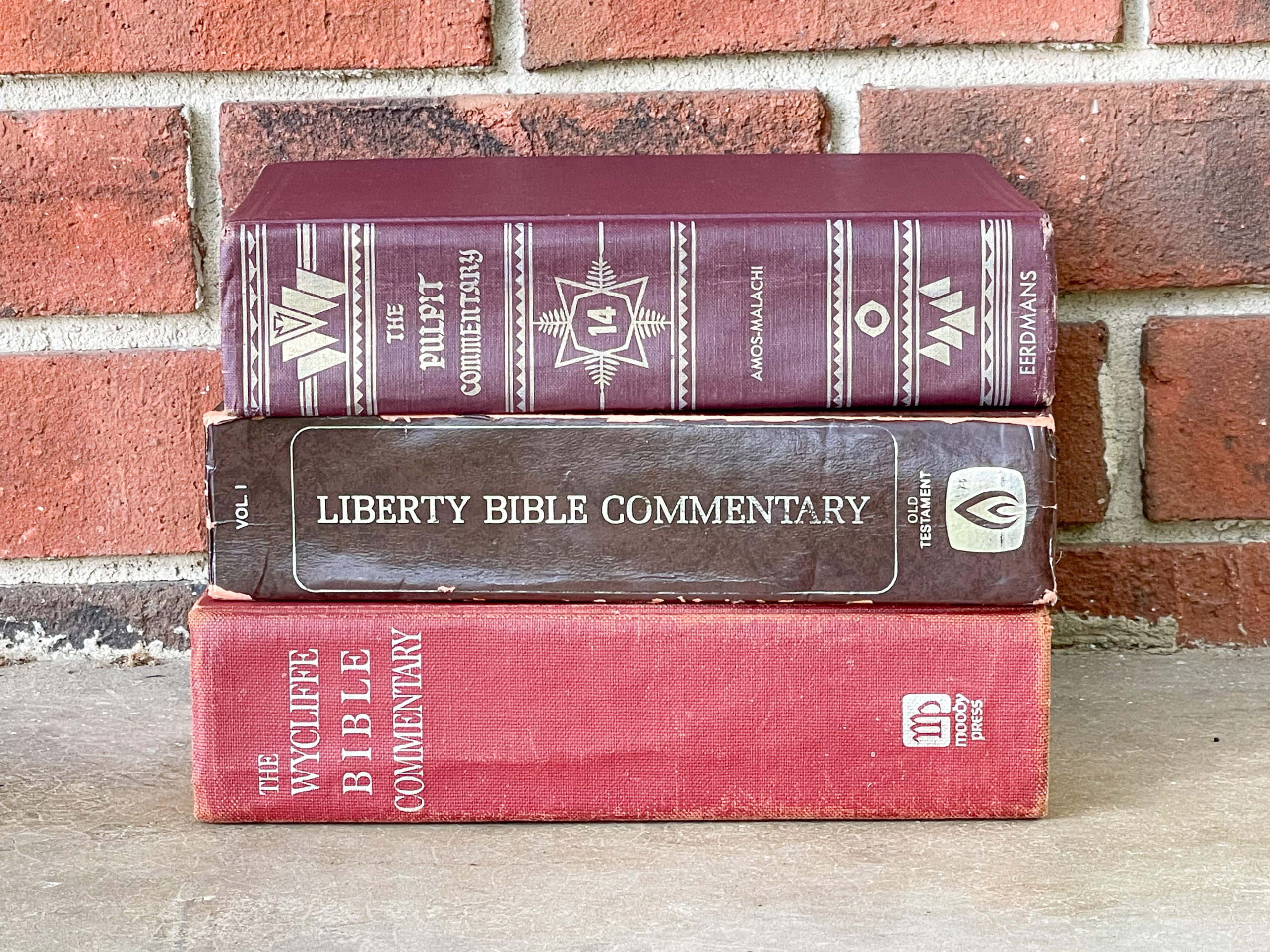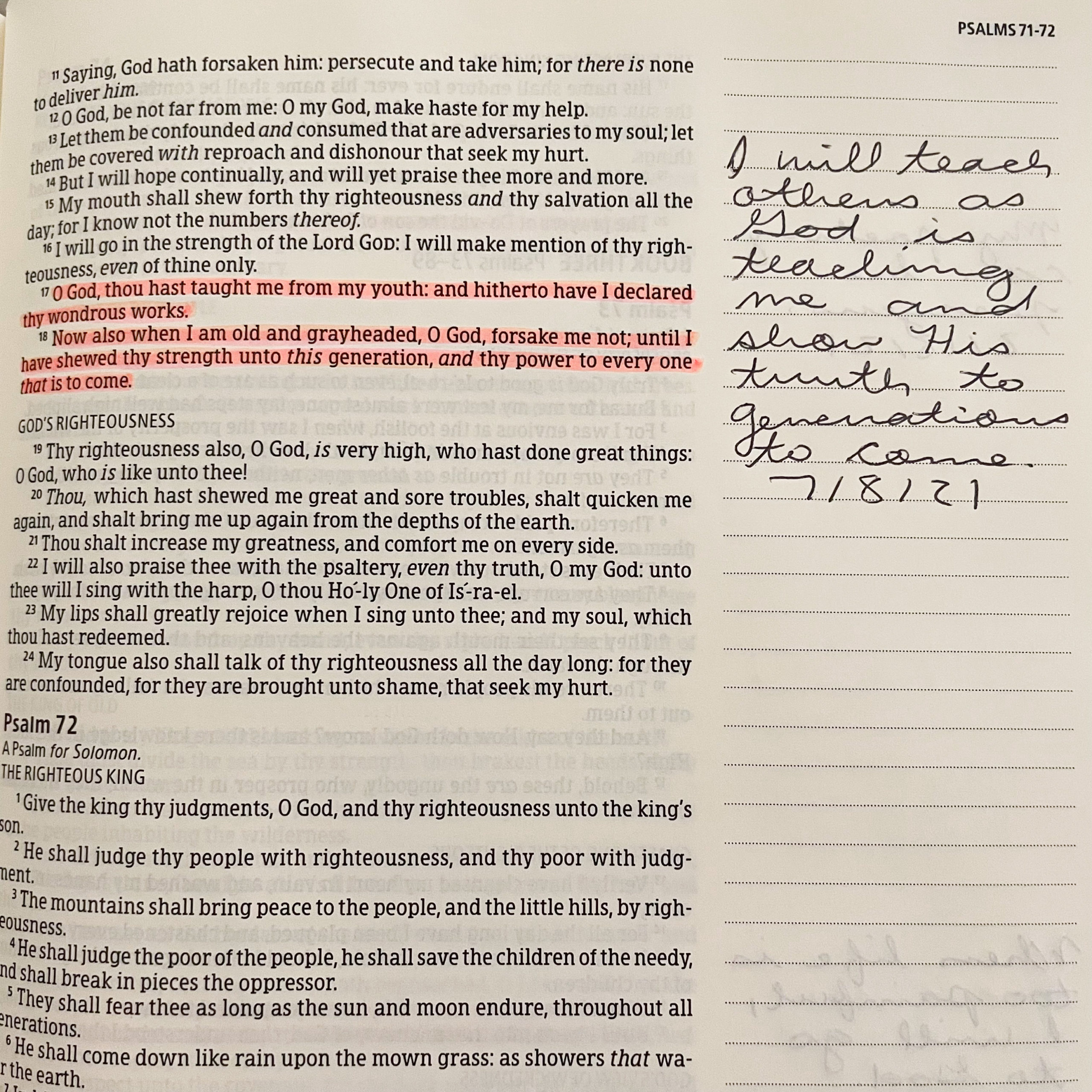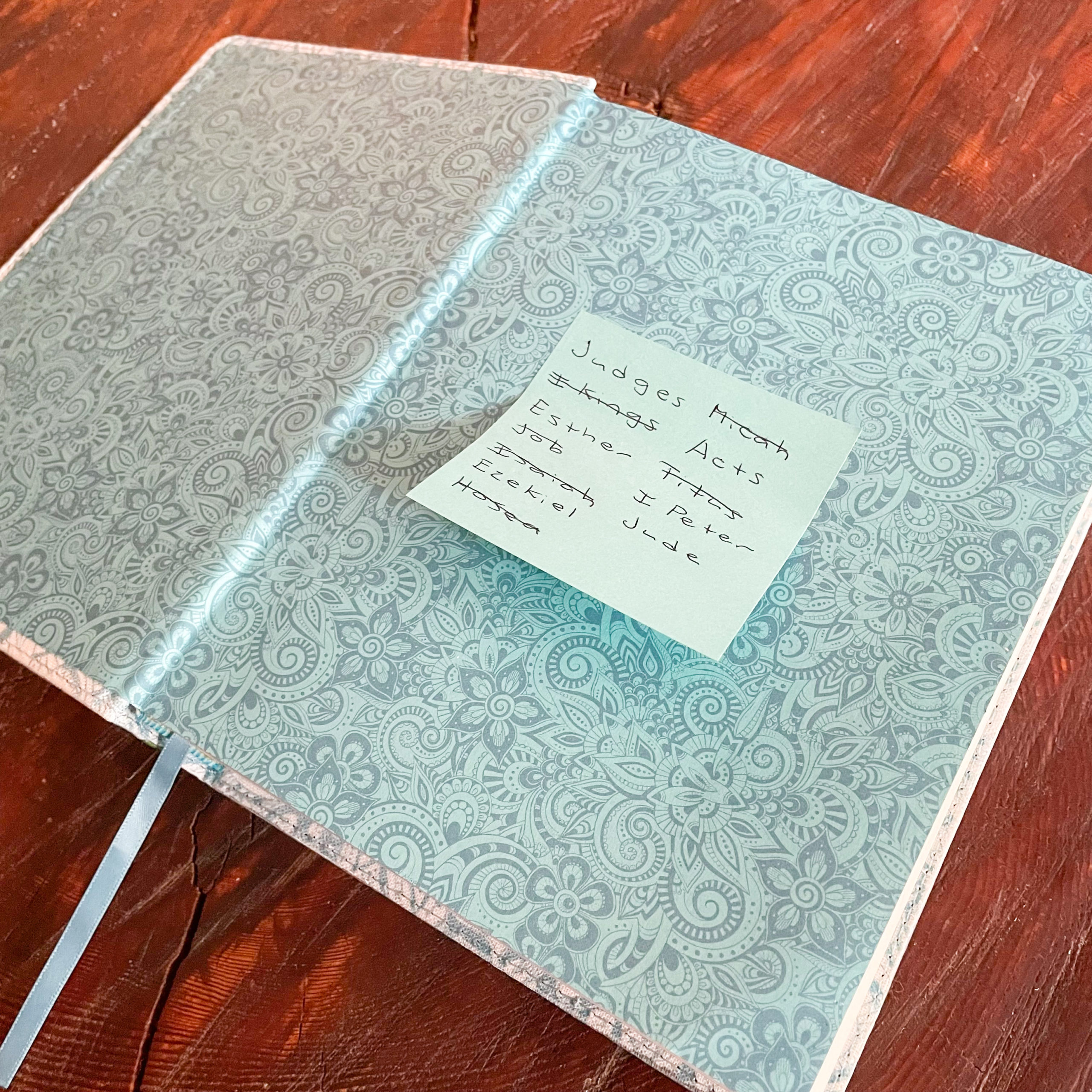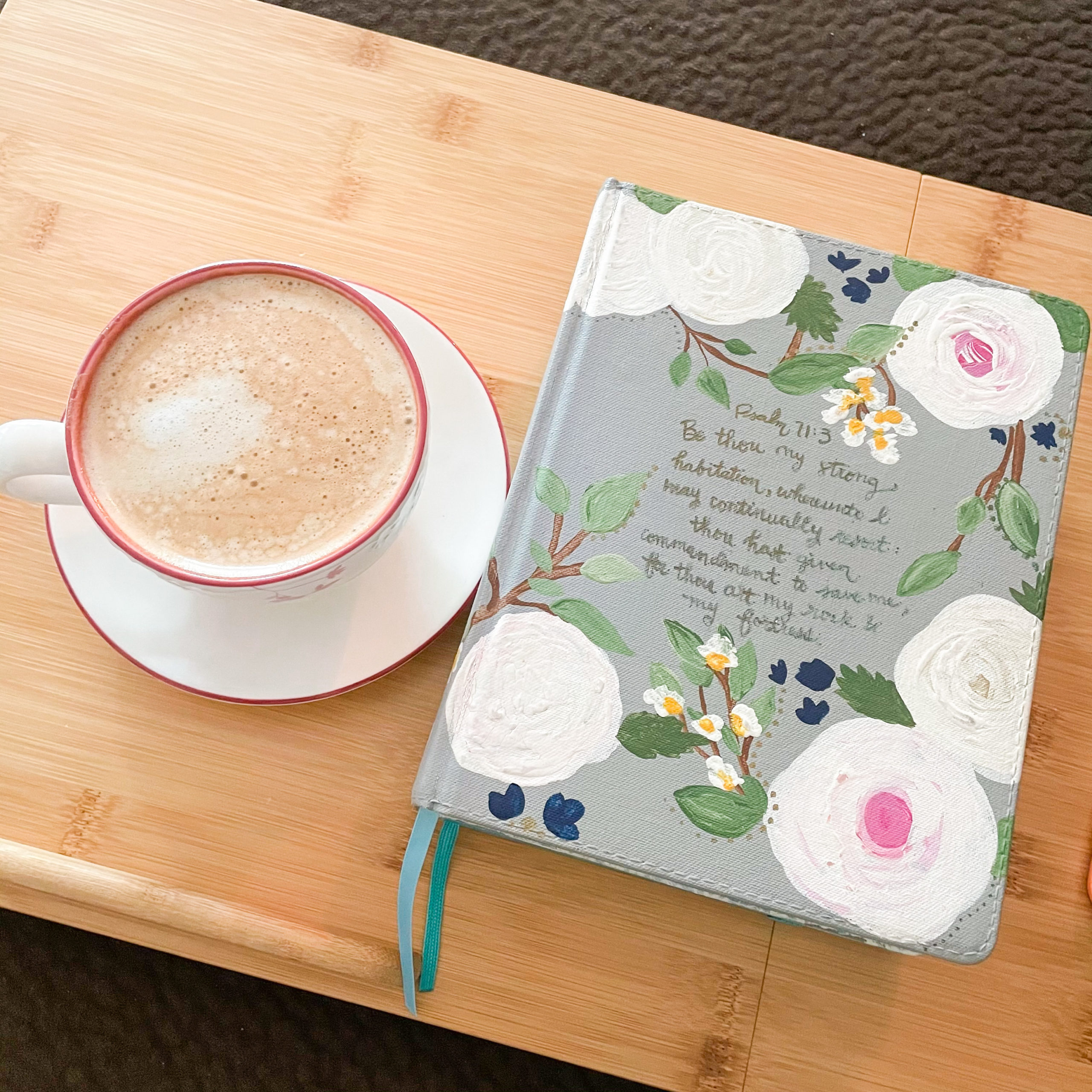
I’ve been told many times over the course of my life that the best time to have a quiet time is in the morning. Although that may be true for some people in some seasons, it has rarely been true for me. I remember a period of time as a teenager when I slept with my Bible next to my bed and asked my mom to hand it to me when she woke me up for school so I could have a morning quiet time. Although my intentions were good, this didn’t work out very well in practice. By the time I got to school, I could barely remember what I had read. I knew I had to find a different way because the whole having-a-quiet-time-in-the-morning thing wasn’t working for me. So I started having a quiet time at different times of the day.
Yes, there are passages in the Bible that talk about seeking God in the morning. Yes, Jesus went out to pray a great while before day. But He did that because it was the best time for Him to meet with His Father before His followers started demanding His attention. In college I found that the morning really was the best time for me because the dorm was still quiet. The best time to have a quiet time is the time you’re consistently able to have it. I want to share with you five times to have a quiet time (other than in the morning!) that I hope will help you have a more consistent time with God in His Word.
AT NIGHT
I first experimented with having a quiet time at night before going to bed. As a teenager, that was when my mind was the most alert and ready to read and comprehend God’s Word. If you’re not a morning person or you have to wake up too early in the morning to have a profitable quiet time, this may be a good option for you. My husband wakes up at 3:30 AM most weekdays, and I often see him reading his Bible before going to bed. In this season of life, it’s the best time for him.
ON YOUR LUNCH BREAK
If you have a job that includes a lunch break, try having your quiet time during this time! It’s okay if you eat lunch while having your quiet time. Consider it having lunch with God! This may require you to give up some social time or entertainment during your lunch break, but the refreshment you will receive from God’s Word will be well worth it.
AFTER SCHOOL/WORK
For a period of time I had a quiet time in the afternoon as soon as I got home from school. I was able to go to my room where it was quiet and take some time to read God’s Word and refresh myself after a day at school. If you’re a student, this may be a good option for you. It could also be a good option if you work and can take a little time when you get home.
WHEN THE HOUSE IS EMPTY
As a newly married wife, I enjoyed having a quiet time later in the morning after my husband had left the house. If your family has a bit of a different schedule than you do and you find that you have some time at home by yourself, this is a perfect time to meet with God through reading His Word.
NAP TIME
As a new mom, I ignored the advice to sleep when the baby was sleeping and had my quiet time when the baby was sleeping. Now that my “baby” is almost two, I still do this. This may be the best option for moms: meet with the Lord when the little ones are napping or after their bedtime. But know that it’s okay in this season if your “quiet time” isn’t always quiet. There may be interruptions, but your ministry as a mom is so important! Give God the time you have, and He will bless you for your faithfulness.
If having a morning quiet time isn’t working for you, I hope that one of these options will help.
What time do you meet with God by reading His Word? Tell me in the comments!









